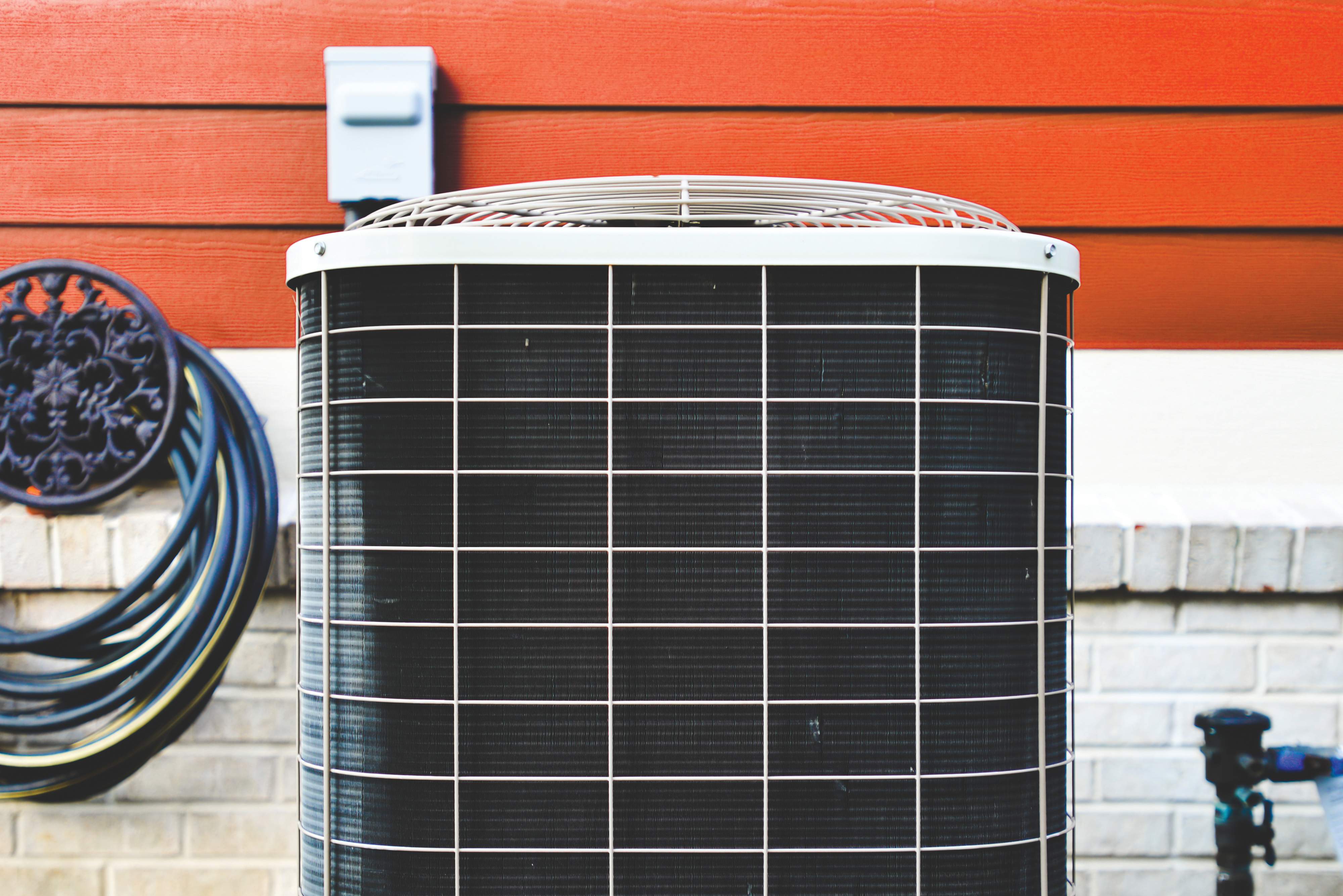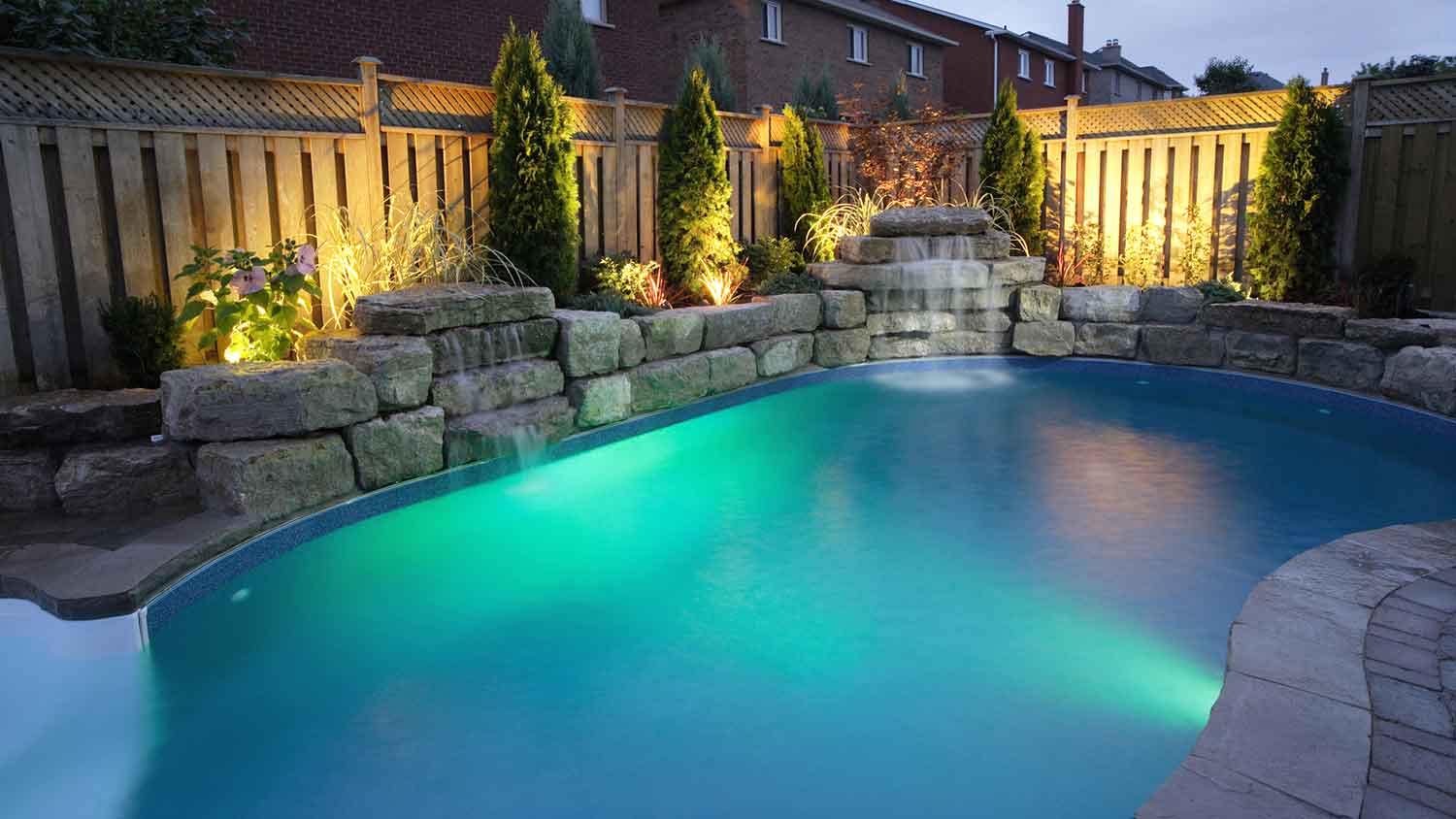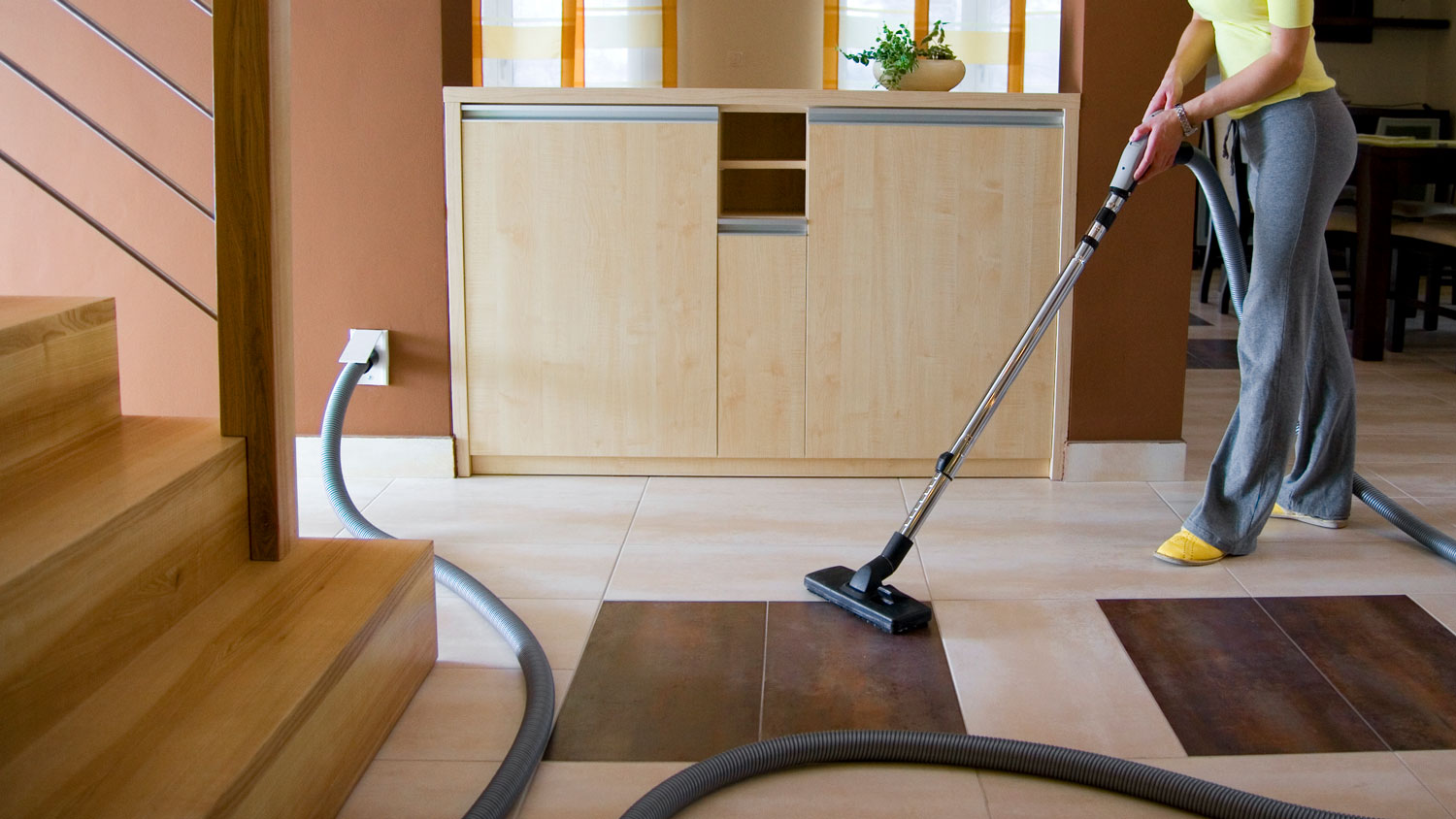
Budget for AC capacitor replacement costs based on factors such as the capacitor type, size, labor, potential repairs, location, season, and more.
Keep your cool


Any time is better than never, but spring is the ideal time to budget for an air conditioning tune-up. Early air conditioner maintenance can prevent many small problems from becoming more expensive repairs later on. Furthermore, if your air conditioner check-up is scheduled for spring, you’ll also beat the long waits and higher prices that come with peak season HVAC repair visits.
There are two main reasons to schedule annual air conditioner maintenance with your local HVAC contractor: saving money and saving money (no that isn’t a typo). For starters, you greatly increase the chances that your A/C technician will catch small problems before they become big ones by scheduling regular check-ups. Repairing a small refrigerant leak shouldn’t cost much more than the service call. Buying a new compressor when low refrigerant levels burn your current one out, however, can cost a thousand dollars or more. The other way an annual check-up saves you money is by ensuring that your A/C unit is working at optimal efficiency. When your A/C is running well it uses less energy to cool your house, and lower energy use means bigger savings for you on your monthly utility bills.
An air conditioner check-up is easy to schedule. All you have to do is contact a HVAC technician near you about coming out to perform basic air conditioner maintenance. As mentioned before, the best time to do this is in the spring or early summer, before everyone else turns on their air conditioner and realizes it needs to be worked on. If you call early enough, a local HVAC contractor will be able to come out when it’s most convenient to you in order to make sure your unit has been serviced and is running properly. If you wait until later in the summer, you’ll find all of the pros are booked. Requesting emergency A/C repair costs more than regular services.
An air conditioner checkup is an important part of making sure you get long-lasting, and efficient performance from your air conditioner, as is knowing which services to insist on when your technician arrives. Here’s a short checklist of common maintenance procedures your HVAC contractor should include with a routine maintenance call:
Check for proper refrigerant levels. Low levels indicate a leak that needs to be found and repaired immediately. Low refrigerant levels can burn out your compressor, resulting in the most costly repair when it comes to A/C, period.
Check all electrical components and controls to make sure they’re working properly.
Clean evaporator and condenser coils. Dirty evaporators and coils reduce the energy efficiency and cooling ability of your unit.
Oil motors as needed.
Calibrate thermostat to make sure your A/C isn’t working overtime.
Check the condenser for any possible problems.
Check, clean, and/or replace filters. An annual air conditioner check up is the easiest way to keep your air conditioner in top condition for years to come. To ensure you’ll get worry free, and money saving, performance from your A/C, schedule a regular maintenance call today.
From average costs to expert advice, get all the answers you need to get your job done.

Budget for AC capacitor replacement costs based on factors such as the capacitor type, size, labor, potential repairs, location, season, and more.

Find out how much window air conditioner repairs cost with our breakdown of key pricing factors. Learn what affects your final bill before calling a local pro.

Budget for HVAC maintenance costs based on factors such as unit age, time of year, repair task, warranties, condition, service plans, and more.

Not sure who to call to fix a pool light? Learn why a pool repair service is best, what electricians can do, and what replacement costs.

Learn who repairs lawn irrigation systems and who to call—lawn care services or sprinkler repair companies. See steps, benefits, and costs.

Who installs central vacuum systems? Learn who to call—specialized vacuum installers or qualified HVAC pros—and what to ask before you hire.